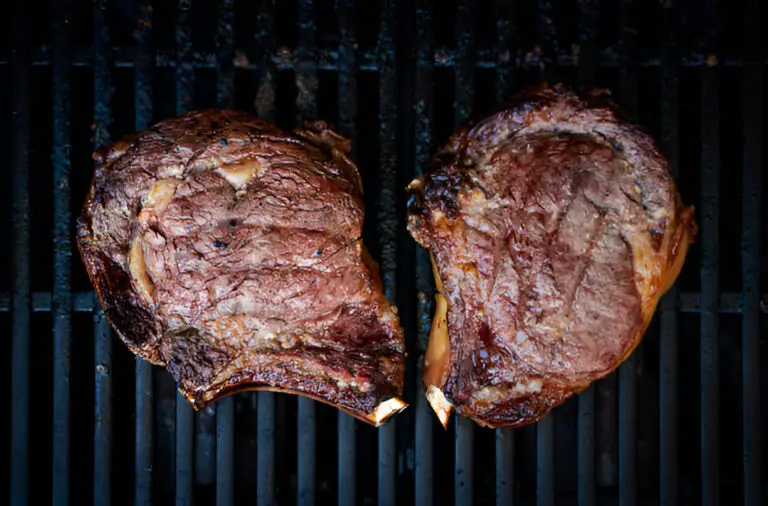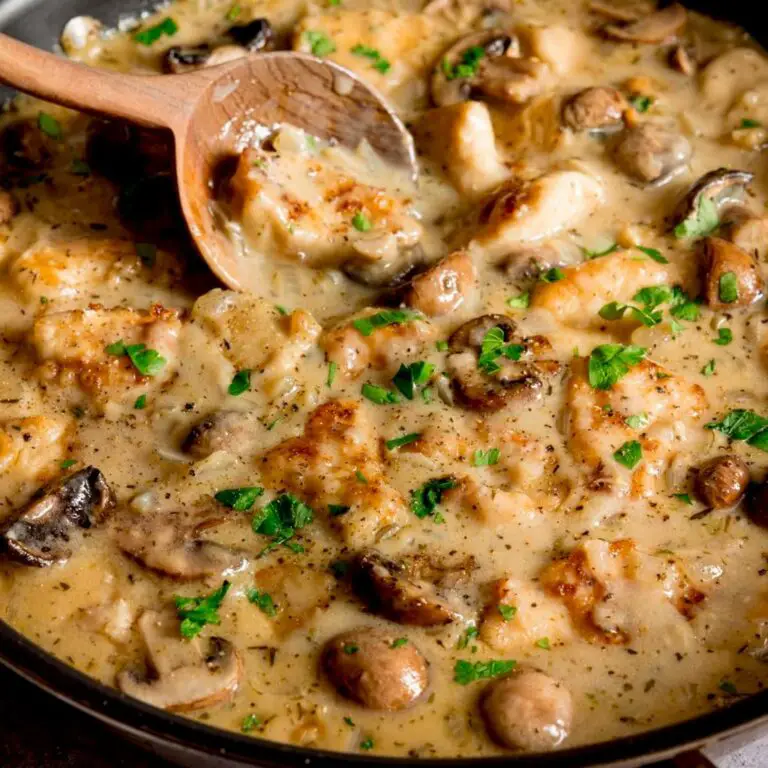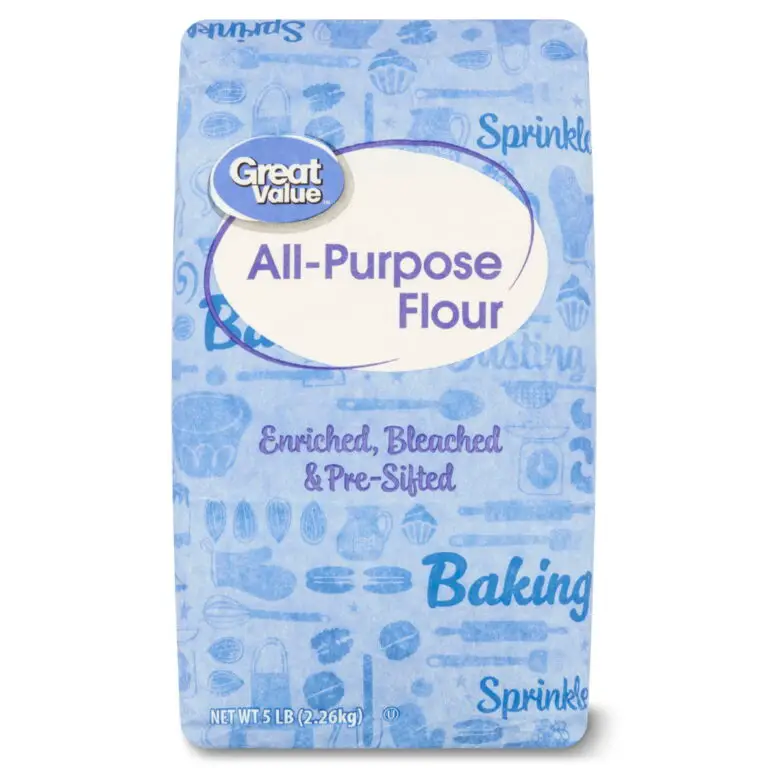Got a Salty Surprise? 10 Ways To Make Chicken Less Salty After Cooking
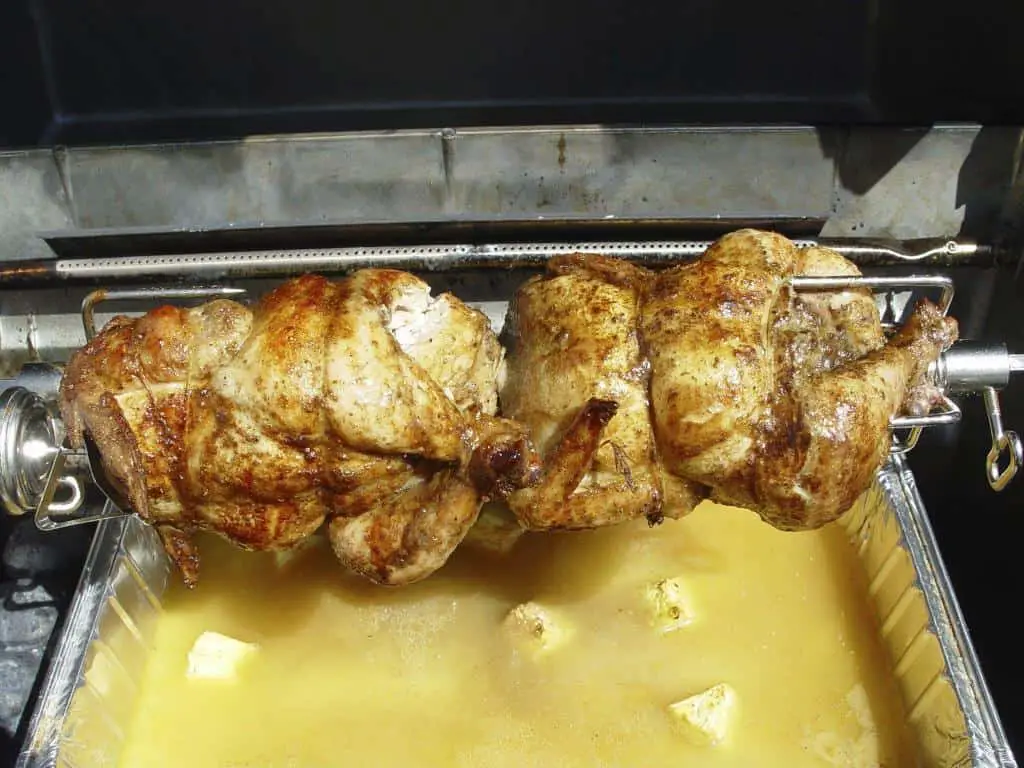
Have you ever been in your kitchen waiting for the first bite of that perfectly cooked chicken dish you made? Then, an unexpected wave of saltiness greeted you. It’s a common culinary mishap that can leave even the most seasoned home cooks feeling defeated.
But fear not. In this article, we delve into the realm of flavor redemption. We explore ten ingenious ways to rescue your overly salty chicken creation.
Imagine turning a kitchen disaster into a culinary triumph. You save your meal with simple but effective techniques. They will leave your taste buds singing with delight.
From clever ingredient additions to smart cooking hacks, we’re here to guide you through the process step by step. So, if you’ve overseasoned or just want to prepare for salty surprises, join us. We’ll reveal the secrets to making chicken less salty after cooking.
Are you ready to transform salty setbacks into savory successes? Then follow along as we unveil the art of rescuing over-salted chicken dishes with finesse and flair!
The Mystery of Oversalting Chicken
When it comes to cooking chicken, oversalting can happen to even the most seasoned cooks. Understanding why this occurs is crucial to preventing future culinary mishaps.
One common reason for oversalting chicken is misjudging the salt quantity during seasoning. The small granules of salt can easily overpower a dish when not carefully measured or distributed evenly over the meat.
Also, some ingredients, like brined chicken or salty marinades, add to the high sodium. This happens before you even pick up your salt shaker.
Another factor to consider is how different cuts and parts of the chicken absorb seasonings differently. Thinner cuts, such as chicken breasts, may take on salt more readily compared to denser cuts, like thighs or drumsticks. Also, marinating chicken for too long in a very salty solution can make the meat too salty. This leads to an unpleasant dining experience, no matter how succulent the poultry may be.
Understanding how different types of poultry absorb and distribute salt will help you balance savory flavors and avoid overly salty chicken dishes.
How To Make Chicken Less Salty After Cooking
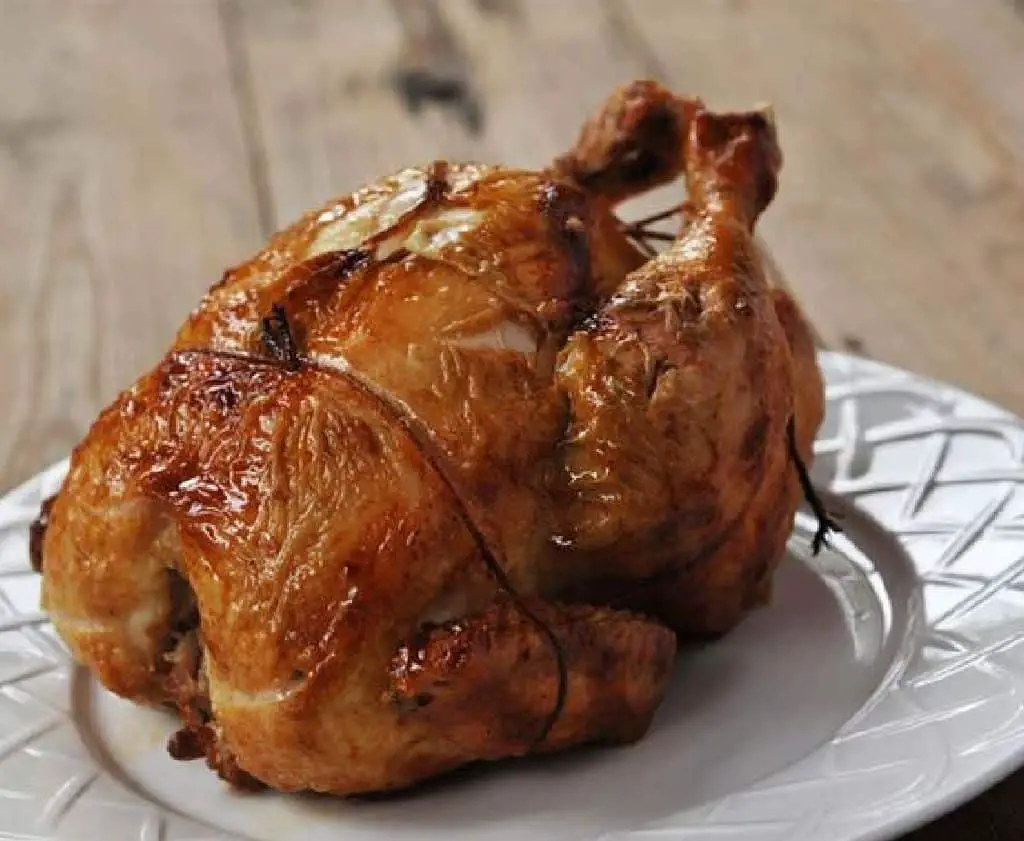
Turning a too-salty chicken dish from bad to great needs skill and creativity. You need these in the kitchen. Fear not; there is still hope as you stare at your once-promising poultry that has since suffered from a careless salt shaker accident. Embrace this cooking challenge. It’s a chance to show your skills and cleverness. Turn a possible disaster into a delicious masterpiece.
One way to reduce excessive saltiness is through dilution. You can do this through strategic ingredient additions or adjustments. Consider incorporating unsalted broth, coconut milk, or acidic components like lemon juice or vinegar to balance out the overpowering salt content.
This reduces the overall seasoning. It also adds flavors that enhance the depth of your chicken. Think of yourself as a flavor sculptor, molding and reshaping each element until harmony is achieved on every plate served.
1. Rinsing Brined and Seasoned Chicken
Rinsing chicken before cooking is a common practice that can help reduce excess salt on the surface of the meat. To do this, simply place the chicken under cold running water for a few minutes, allowing the water to wash away any salt that may be present. This method works well for brined or heavily seasoned chicken. It can restore a more balanced flavor to the meat.
After rinsing, it’s important to pat the chicken dry with paper towels. This not only removes any excess moisture, which can affect the texture of the chicken when cooked, but also helps to ensure that the seasoning and flavors of your recipe are not diluted.
Once the chicken is rinsed and dried, you can proceed with your recipe as usual. You can be confident that you’ve taken a simple but effective step to reduce the saltiness of your dish.
2. Soak in the Water
One commonly recommended method is soaking the chicken in water, whether cold or lukewarm, for a period of time. This technique allows for osmosis to work its magic, drawing out excess salt from the meat. However, be mindful of soaking durations, as prolonged exposure can compromise the texture and taste of the chicken.
If the chicken is extremely salty, you can soak it in a bowl of cold water for about 30 minutes to an hour. This will help draw out some of the salt from the meat. Make sure to pat the chicken dry before cooking it.
3. Washing Cooked Chicken Under Running Water
On the other hand, washing the cooked chicken under running water might seem like a straightforward solution, but it requires finesse. Gently rinsing off surface salt can help alleviate immediate saltiness without submerging the meat fully in water, preserving flavor better than soaking at times.
Also, consider diluting your dish by adding unsalted broth or sauce slowly while reheating. This balances the flavors as a whole. It’s better than just focusing on cutting sodium after cooking.
5. Classic Potato Trick
When your culinary creation turns out saltier than you intended, fear not! Several proven methods exist for rescuing your chicken dish from too much sodium. One such technique is the classic potato trick: simply add a peeled potato to the salty chicken stew or curry and let it simmer. Potatoes have a magical ability to absorb excess salt, leaving your chicken flavors perfectly balanced.
6. Add Diary Products
Another ingenious way to combat saltiness in chicken is by incorporating dairy products like milk or yogurt into your recipe. The natural creaminess of these ingredients not only helps mellow out the salt but also adds a delightful richness to the dish.
By gently simmering your over-salted chicken in a creamy sauce with herbs and spices, you can turn a kitchen disaster into a masterpiece. It will leave your taste buds dancing with joy.
7. Neutralizing Excess Salt with Acidity: Lemon juice, Vinegar, and Tomato Sauces
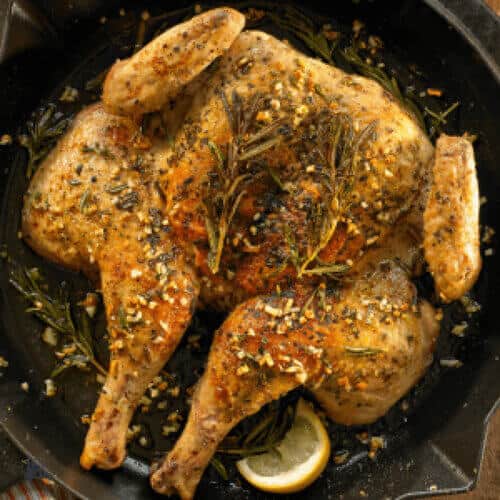
When faced with a salty chicken debacle, turning to acidic ingredients can be your culinary lifesaver. Acidity is the ultimate neutralizer. It balances out the overpowering saltiness and restores harmony to your dish.
Think of acids like lemon juice, vinegar, or even tomato-based sauces as your secret weapons. They combat excessive sodium levels and save a ruined meal, turning it into a masterpiece.
Acidity’s beauty is its ability to cut salt without losing flavor. It reduces the saltiness and adds a refreshing zing that wakes up the taste buds.
Adding acidic ingredients to chicken recipes that are too salty is not just a fix. It is a chance to improve flavors and add complexity. For a burst of freshness that goes perfectly with savory notes, citrus fruits like oranges and limes are a must-try.
Try balsamic vinegar drizzles or tangy marinades with wine. They add sophisticated flavors that go well with poultry. By harnessing the power of acidity as nature’s balancer, you’re not just fixing an oversight—you’re enhancing the dish in ways you never thought possible.
Introducing citrus zest or juice can balance out excessive saltiness while adding zesty brightness to your meal. Similarly, a bit of honey or brown sugar can mellow the sharpness of salt. It does this without dulling the overall taste.
| Related: How To Fix Salty Beans Easily |
8. Rehabilitating with Umami-rich Ingredients Over-Salted Chicken
When your culinary aspirations meet a salty reality, fear not – all hope is not lost for your chicken dish. Embrace the challenge with a dash of creativity and a sprinkle of ingenuity. One effective approach to rescuing over-salted chicken is by employing the power duo of acidity and sweetness.
Forget traditional fixes. Explore the world of umami-rich ingredients. They can save your over-seasoned chicken. Soy sauce, miso paste, fish sauce and oyster sauce. Even a dab of tomato puree can elevate the complexity of flavors in your dish. Especially if you marinate in soy sauce can simultaneously tame the overpowering presence of salt.
Allow these umami agents to weave their magic through layers of savory goodness, imbuing your chicken with depth and sophistication that transcends mere seasoning adjustments.
9. Increase Volume
If you have enough chicken, you can add more unsalted chicken broth or water to dilute the salty flavor. This works best for soups, stews, and casseroles. By adding more unsalted chicken broth or water, you can dilute the overall salt concentration in your dish. This technique is great for soups, stews, and casseroles. They have liquid that the added liquid can blend with.
10. Add Bulk Ingredients: Vegetables and Grains
When facing a dish that’s gone overboard with salt, one clever strategy to mitigate this flavor faux pas is by turning to bulk ingredients. By incorporating more non-salted components into your chicken dish, you can effectively dilute the excessive salt content without compromising taste or depth of flavor.
Consider introducing elements like additional vegetables, grains, or lean proteins to the mix. Not only do these ingredients help absorb some of the excess sodium, but they also contribute their unique textures and flavors to create a more balanced culinary experience.
Furthermore, adding bulk ingredients not only serves as a practical solution for salvaging an overly salty chicken dish but also opens up opportunities for creativity in your cooking process.
Think beyond conventional fixatives and experiment with diverse combinations that complement the existing flavors while counteracting the saltiness. Embrace the chance to play with colors, tastes, and nutritional profiles as you rescue your meal from its seasoning going bad.
Revamp Your Chicken: Creative Ways to Neutralize Excess Saltiness
When your savory chicken masterpiece turns into a salty disaster, fear not; there are innovative ways to rescue it. Don’t give up. Add flavors that contrast. They will balance the excess salt.
For example, a splash of lemon or lime juice can bring zesty brightness to your dish. It also counteracts the overpowering saltiness. The acidity in these fruits not only cuts through the salt but also adds a refreshing twist to your chicken.
Alternatively, delve into the world of herbs and spices to mask the excessive salinity while enhancing the overall taste profile of your chicken creation. Fresh herbs like parsley, cilantro, or dill can inject bursts of freshness that distract from the salt overload.
Also, fragrant spices, like cumin, coriander, or paprika, can add complex layers of flavor. They can overshadow any lingering, salty notes. By incorporating these vibrant elements strategically, you can transform your overly seasoned chicken into a culinary delight worth savoring.

